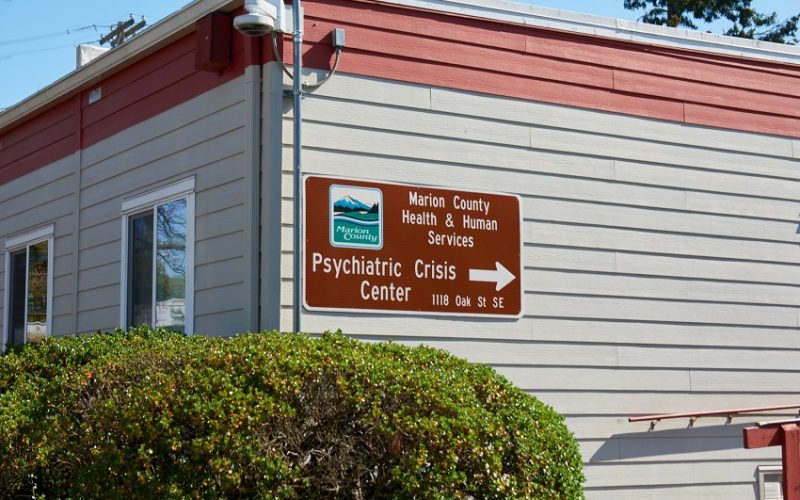Salem, OR – Marion County, Oregon, is preparing to reinstate its police-integrated crisis response team by July 2025, following several months of delays. The move comes after a disruption in crisis response services that began in March 2024, when previous teams, which included a mix of law enforcement and mental health professionals, were disbanded.
The newly revamped crisis response team will consist of a Marion County Sheriff’s Office deputy working alongside a trained mental health professional. The goal is to provide a more comprehensive and efficient response to situations involving individuals experiencing mental health crises, particularly those where safety concerns make civilian-led interventions less viable.
Marion County Health and Human Services Administrator Ryan Matthews explained that the presence of law enforcement is often essential in certain crisis situations. “In some scenarios, you need both a behavioral health professional and a law enforcement officer to ensure a safe, effective response,” Matthews said.
The team will operate on a four-day-a-week schedule, with 10-hour shifts. The initiative is expected to be fully functional by February 2025, but the county is aiming to deploy the first team by July of this year.
Funding for the program comes from a $550,000 grant from the U.S. Department of Justice under its Connect and Protect initiative. This grant will support the program’s operations through September 2027, with Marion County contributing a 20% match.
This reintroduction of the police-involved model comes after Marion County initially turned toward civilian-only teams in an effort to address mental health crises without law enforcement involvement. However, concerns about safety and the effectiveness of civilian-only responses led officials to re-evaluate the mixed-model approach.
“We have seen that in certain high-risk situations, a combined response from both law enforcement and mental health professionals is crucial,” Matthews noted.
The county is committed to monitoring the effectiveness of this new team model. Data collected during operations will help evaluate the program’s success and guide future funding decisions. The ongoing goal is to ensure that Marion County is prepared to respond to behavioral health crises with the most appropriate and effective resources, balancing the need for safety and professional care.
As the new team is rolled out, Marion County officials will continue assessing its impact, with the aim of improving responses to those in crisis and better serving the community as a whole.











